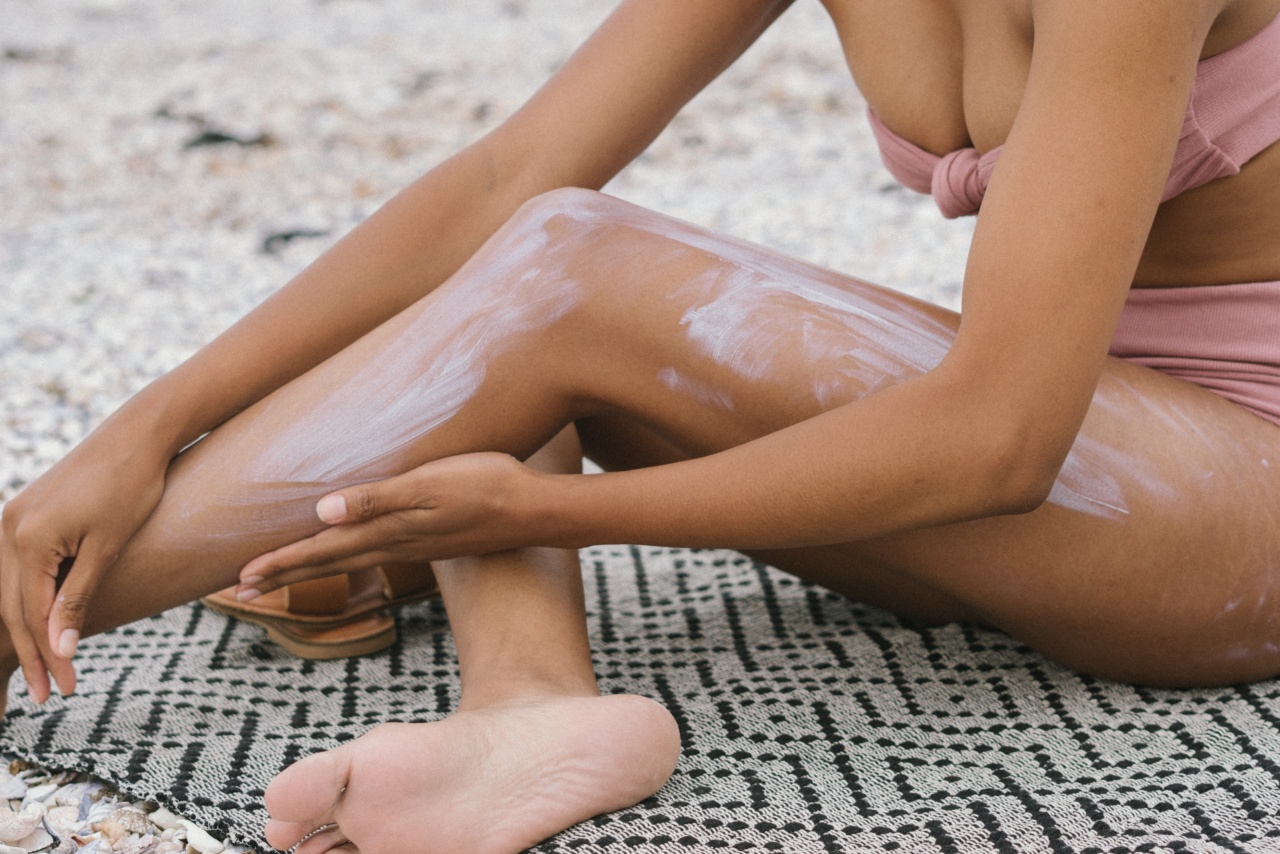When the sun is shining and the weather is warm, it’s only natural to want to spend as much time outdoors as possible.
However, prolonged exposure to the sun’s harmful ultraviolet (UV) rays can have damaging effects on your skin, ranging from sunburns to premature aging and even skin cancer. To keep your skin safe and healthy while enjoying the summer sun, here are some essential tips for protecting your skin.
1. Apply and Reapply Sunscreen
Sunscreen is a crucial step in any sun protection routine. Before heading out, apply a broad-spectrum sunscreen with at least SPF 30 on all exposed areas of your body. It’s vital to choose a sunscreen that protects against both UVA and UVB rays.
Remember to reapply sunscreen every two hours, especially if you’re sweating or swimming.
2. Seek Shade During Peak Hours
The sun’s rays are strongest between 10 a.m. and 4 p.m. During this time, try to seek shade as much as possible. Find a tree, umbrella, or any other type of shade that can provide protection from direct sunlight.
If you must be outside, consider wearing a wide-brimmed hat or using a parasol to shield your face and neck.
3. Wear Protective Clothing
When it comes to sun protection, clothing can be your best defense. Opt for lightweight and loose-fitting clothes made from tightly woven fabrics to provide optimal protection against UV rays.
Dark-colored clothing tends to offer more protection than light-colored clothing. Don’t forget to wear sunglasses that block UV rays to safeguard your eyes and the delicate skin around them.
4. Stay Hydrated
Keeping your skin hydrated is essential for maintaining its health and protecting it from the sun. Drink plenty of water throughout the day, especially if you’re spending time outdoors or engaging in physical activities.
Well-hydrated skin is less likely to become dry and prone to sun damage.
5. Don’t Forget Your Lips
The skin on your lips is thin and delicate, making it even more susceptible to sun damage. Apply a lip balm or lipstick with at least SPF 30 to protect your lips from UV rays. Reapply often, especially after eating, drinking, or wiping your lips.
6. Take Extra Precautions for Children
Children’s skin is more sensitive and prone to sunburn than adult skin. Take extra precautions to protect them from the sun’s harmful rays.
Dress them in lightweight, protective clothing, apply sunscreen regularly, and encourage them to seek shade when necessary. Remember that babies under six months should be kept out of direct sunlight.
7. Be Mindful of Reflection
UV rays can bounce off reflective surfaces, such as water, sand, and snow, increasing your exposure. When spending time near these surfaces, take additional precautions to protect your skin.
Apply sunscreen more frequently, wear protective clothing, and wear sunglasses to shield your eyes.
8. Check Medications for Photosensitivity
Some medications, including certain antibiotics, antihistamines, and acne medications, can increase your skin’s sensitivity to the sun.
If you’re taking any medications, check with your healthcare provider or pharmacist to determine if they have photosensitive properties. If they do, take extra precautions and avoid excessive sun exposure.
9. Examine Your Skin Regularly
Performing regular self-examinations of your skin can help you identify any changes, such as new moles or suspicious spots.
If you notice anything unusual or concerning, such as a mole that has changed in color, size, or shape, make an appointment with a dermatologist for a professional evaluation. Early detection of skin cancer can significantly improve treatment outcomes.
10. Stay Cool Without the Sun
While it’s essential to enjoy the outdoors, you can still stay cool and protect your skin from the sun by opting for activities that don’t involve direct sun exposure.
Consider exploring shaded hiking trails, visiting indoor museums, or participating in water activities like swimming in a covered pool or enjoying water parks that provide shade.



























